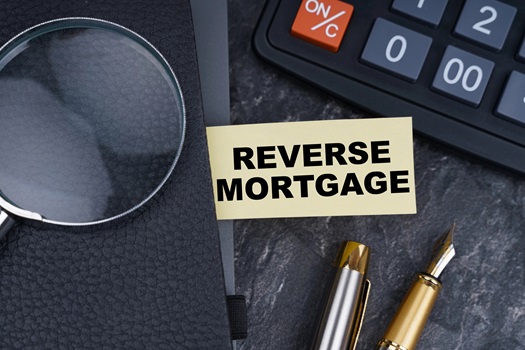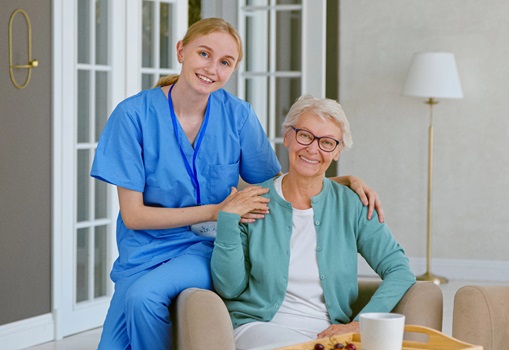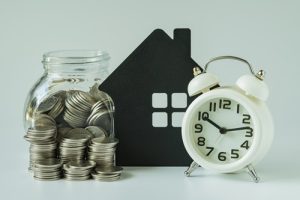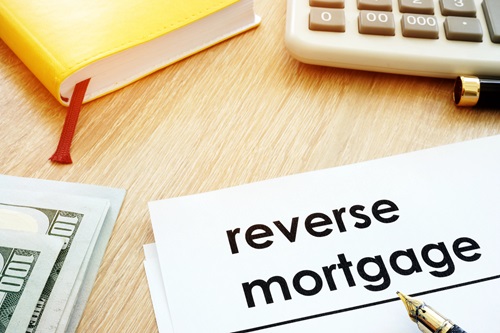
A reverse mortgage can be a smart financial move for some homeowners, especially those looking to make the most of their home equity during retirement. While it isn’t a perfect fit for every situation, it can offer peace of mind and stability in the right circumstances. Understanding how it works and when it adds value can help you make an informed decision.
Start by Understanding How a Reverse Mortgage Works
A reverse mortgage allows borrowers who owns a home and are at least 62 years old to convert part of their home equity into accessible cash. Instead of making monthly mortgage payments, the loan balance increases over time, and repayment typically occurs when the owner of the house moves out, sells the home, or passes away.
Unlike traditional loans, this type of mortgage doesn’t require monthly repayments. Even so, homeowners remain responsible for property taxes, insurance, and any homeowner association fees. As long as those payments stay current, borrowers can continue living in the home and benefit from the additional income.
Why a Reverse Mortgage Can Be a Good Choice
While this option isn’t ideal for every homeowner in Greenville SC, there are several common scenarios where a reverse mortgage can make good financial sense.
You’re Looking for Additional Retirement Income
When regular income from retirement accounts or Social Security isn’t quite enough, tapping into home equity can ease the financial burden. The funds from this mortgage can help cover everyday expenses without the need to downsize or sell your home.
You Need to Cover Health or Accessibility Costs
As homeowners age, they often need to make adjustments to their living space. Whether it’s installing stair lifts, walk-in tubs, or wheelchair ramps, these updates can be costly. Using this mortgage to fund these improvements allows you to stay safe and comfortable in your home.
At the same time, unexpected medical bills can quickly drain retirement savings. A reverse mortgage offers another way to pay for health care without taking on new debt or depleting other assets.
You Want to Eliminate a Traditional Mortgage Payment
 Reverse mortgage in Greenville SC
Reverse mortgage in Greenville SCSome retirees still carry a mortgage into retirement, which can place unnecessary strain on their monthly budget. By switching to this mortgage, they can eliminate those payments and use the freed-up cash to cover other essentials. While this doesn’t remove all home-related costs, it can make monthly budgeting easier.
You’d Like to Help Family Members Financially
In some cases, homeowners are financially stable but want to support their children or grandchildren. A reverse mortgage can offer access to funds that make it possible to assist with tuition, home buying, or other major expenses—without selling the home.
Why a Reverse Mortgage Might Not Be the Best Fit
Although this mortgage offers benefits, it also comes with important considerations. There are situations where this type of loan may not be the right move.
You’re Planning to Relocate Soon
If you’re thinking about moving in the next few years, a reverse mortgage in Greenville SC might create complications. Since repayment begins when you leave the home, short-term stays can limit the benefits and increase your financial responsibilities sooner than expected.
You’re Hoping to Leave a Large Inheritance
Becausethis mortgage reduces your home’s equity over time, it can limit what you leave to heirs. If leaving the full value of your home is a top priority, this loan may not align with your goals. As interest builds, it also becomes more challenging for heirs to keep the property without repaying the loan in full.
You Rely on Needs-Based Government Benefits
Another important factor to consider is how this mortgage might affect eligibility for certain public programs. Some benefits, like Medicaid or Supplemental Security Income, may be impacted by the additional income or assets provided by the loan. That’s why borrowers are usually required to attend a financial counseling session before signing any documents.
You Might Struggle With Required Home Expenses
Although this mortgage removes the need for monthly loan payments, you still must cover property taxes, homeowners insurance, and maintenance costs. Failing to keep up with these payments could lead to loan default, which may trigger a demand for immediate repayment.
Reverse Mortgage Is An Excellent Choice
Evaluate your options with the help of Reverse Mortgage Specialist before deciding. Every homeowner’s situation is different. That’s why it’s important to weigh the pros and cons of a reverse mortgage based on your current financial needs, future goals, and lifestyle preferences. If you’re unsure, speaking with a knowledgeable advisor can provide helpful insight.
Still have questions about reverse mortgage options? Call Reverse Mortgage Specialist now to speak with an expert who can walk you through the details.


 Reverse mortgage in Greenville SC
Reverse mortgage in Greenville SC
 Reverse mortgage in Greenville SC
Reverse mortgage in Greenville SC